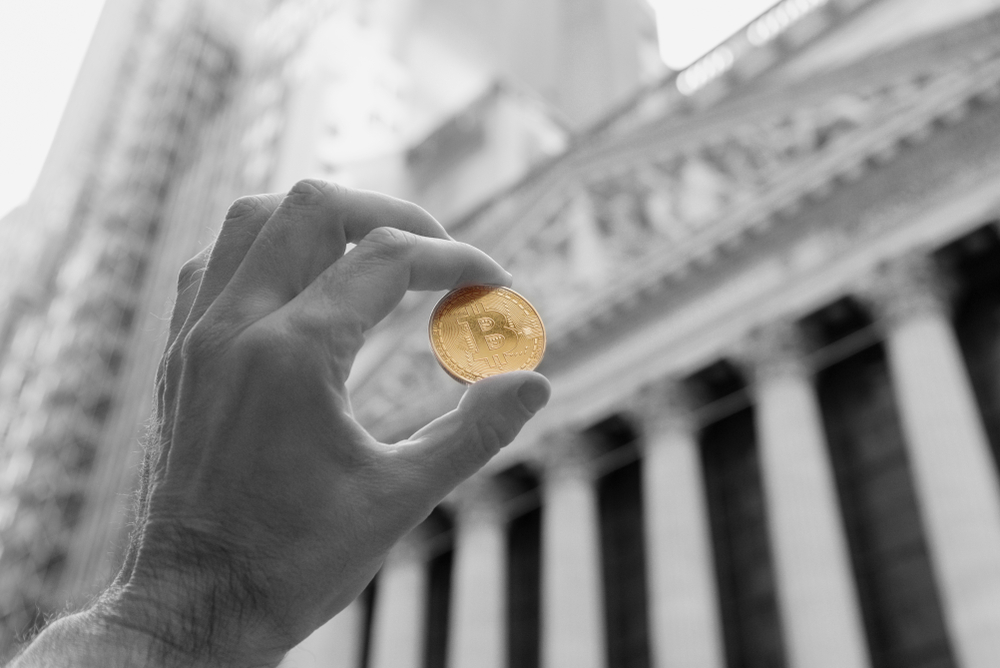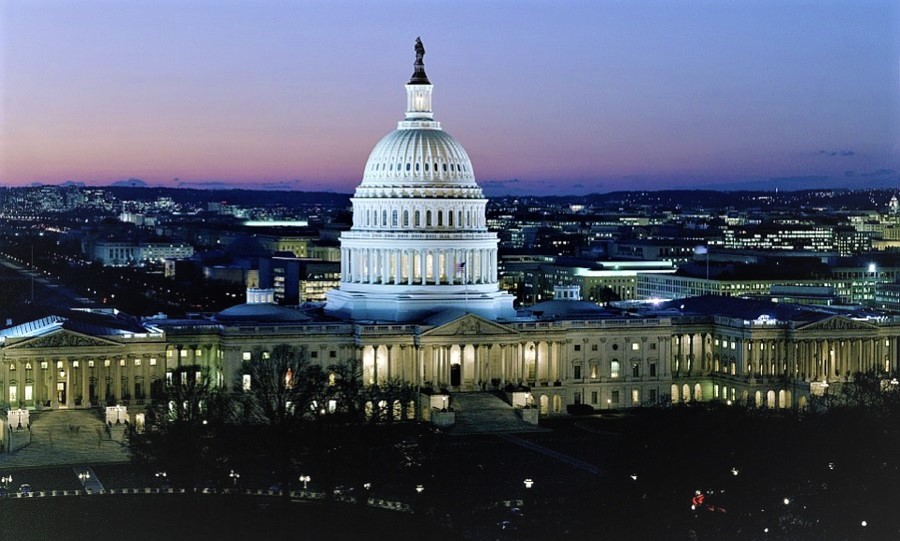Bitcoin in 2019: Analysts See Institutional Investors Wading into Crypto

Bitcoin's low correlation with the Dow could be shortlived. Investors will find out for sure when the next financial crisis arrives. | Source: Shutterstock
The bitcoin price got hammered in 2018 amid the prolonged Crypto Winter, but many investment experts expect the volatility to subside in 2019, as institutional investors start entering the market.
Some analysts believe bitcoin will re-emerge — like the proverbial Phoenix rising from the ashes — on back of momentum created by institutional investors, the Australian Financial Review reported.
“During the coming year we will see a gradual adoption from institutions,” said Henrik Andersson, chief investment officer of Apollo Capital Fund in Australia. “We have the first US university endowments investing in funds.”
JPMorgan: Bitcoin Bears Scared Off Institutions
Over the summer, the multi-billion-dollar endowments of Harvard, Yale, and Stanford stunned Wall Street after revealing that they had invested in cryptocurrencies.
Because of the herd mentality of institutions, analysts say the move will likely trigger a chain reaction among other institutional investors, such as pension funds.
“The fact that David Swensen [Yale’s chief investment officer] put an investment into bitcoin — with his reputation on the line, his endowment on the line — tells you something,” Novogratz said. “Some of the smartest people in the investing world think it’s a store of value.”
The influx of institutional investors — which some expected in late-2018 — was stalled by the unexpectedly harsh bear market. Institutions reportedly got scared off by the protracted downturn, said JPMorgan Chase analyst Nikolaos Panigirtzoglou.
As Wall Street appears poised for more turbulence, analysts say crypto assets could be buoyed because they are not correlated to the regular stock market — making them a good investment during volatile periods.
Tom Surman, the director of Every Capital — Australia’s first retail crypto investment fund — believes the institutional phase for crypto has quietly begun.
“Massive retail offerings and institutional investors are probably the only groups that can meaningfully move the needle on the crypto market cap from here on,” Surman told the Australian Financial Review.
Push to Legitimize Crypto is Underway
However, observers say mainstream adoption hinges on regulatory clarity to help legitimize the market. As it is, the move to promulgate targeted regulation of the industry has already started.
In December 2018, US lawmakers proposed legislation designed to prevent bitcoin price manipulation and position the US as a market leader.
Congressmen Darren Soto and Ted Budd are pushing for widespread adoption of crypto, saying the US must not ignore its “profound potential” to bolster the economy.
“Virtual currencies and the underlying blockchain technology has a profound potential to be a driver of economic growth,” said Soto and Budd. “That’s why we must ensure that the United States is at the forefront.”

In September 2018, a pro-crypto lobbying group was launched in Washington, D.C. by three of the biggest cryptocurrency companies in the United States:
- Coinbase
- Circle
- Digital Currency Group.
The move signals that the industry is taking concrete steps to advance mainstream crypto adoption by greasing the wheels of Congress.
“We have been very active with Congress, with policymakers,” said Jeremy Allaire, the co-founder of Circle, a crypto unicorn with a $3 billion valuation.
France Throws Down the Blockchain Gauntlet
Across the pond in Europe, French legislators are aggressively pushing blockchain adoption. Some even suggested that the Bank of France or the European Central Bank should issue their own digital currencies.
Laure de La Raudière, a member of the French Parliament, said France must move quickly to capitalize on blockchain and crypto before its international rivals China and the United States do.
De La Raudière lamented that France was late to the Internet revolution in the 1990s, and should not miss the boat again.
“France must have a conquering philosophy on this subject,” she told French financial website Journal du Net . “I’m sounding the alarm.”
Featured Image from Shutterstock